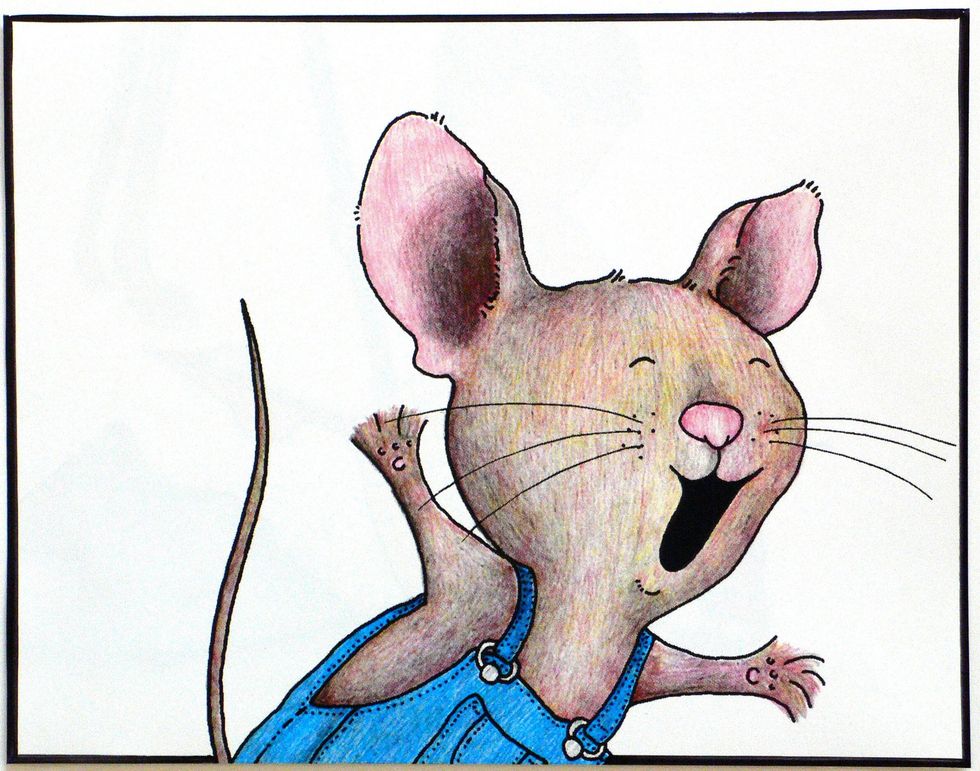As a biologist, I was a little wary of picking up a book called The Gene: An Intimate History by Siddartha Mukherjee. It was my summer vacation between graduating college and heading off to graduate school, so I wanted a little space from science, just to refresh my brain. Reading a ~600 page book all about genes and the fields of genetics and molecular biology was not really at the top of my summer TBR (To Be Read) list just then.
Near the end of summer, when I finally opened up the brand new book, published May 2016, I was so surprised and annoyed at myself for waiting so long. It wasn't a long list of discoveries and facts and dates. It was a story, flowing so seamlessly that it was good enough to be fiction if I didn't already know it was all true. The book starts with the story of the author's family and their genetic predisposition for mental illnesses. Immediately, I was sucked in and became invested in the outcome of his family's diagnoses and dramas as well as the stories of the particular families he focused on to guide his narrative. Almost without realizing, I went back in time when people didn't know what a gene was, even how traits are passed down from parent to child. I went back to the ancient Greeks, to the famous experiments by Gregor Mendel, and all the way to the present century, when the human genome was sequenced and sequencing becomes cheaper and more frequently used with every day.
However, apart from being a great biological history lesson that is extremely informative and enlightening in its own right, the most compelling aspect of Mukherjee's work that sets The Gene apart from textbooks or drier reading material is the relationship he draws between genetics and society. Knowledge is power, and sometimes knowledge can lead to disastrous consequences. Incorrect and misinterpreted theories of genetics have had devastating effects in human society, most notably peaking in Nazi Germany during the 1940s. Never before had I thought about how seriously government officials might twist the pursuit of scientific knowledge. It is a chilling lesson.
It's hard to review this book and praise it in so few words, and certainly the length of the book is quite daunting for many, but it is so worth a read! It's the kind of book that anyone might enjoy, but one that biologists will appreciate greatly as well. Mukherjee does a fantastic job of explaining biological phenomena, concepts, and experiments in a simple, jargon-less manner that allows the elegance of science and brilliance of several key scientists to emerge. He paints pictures of laboratories in your mind, allowing you to see molecules dancing in cells and test tubes.
Perhaps in hindsight, it shouldn't be a surprise that I enjoyed this book. Among my friends, I am known to love history almost as much as science and biology. So perhaps it's not unusual that I found the "intimate history" of the fields of genetics and molecular biology to be quite fascinating. It's a book that I recommend to everyone, and especially to all biologists. It's important to understand where the field stands when you are trying to contribute your own research, and you need to know how the field started out to be able to accomplish that, particularly when so much of biology, if not all of it, can be traced down to genes.
As an aspiring scientist and writer, this is the type of writing that I admire because it brings such a complicated and heavily studied biological field to the rest of the world through its clear translation of scientific language to the vernacular. Explaining science to people who are not scientists is not easy, and Mukherjee accomplishes that with aplomb. I only hope I can describe science so clearly and elegantly as he does one day.



 Photo by
Photo by  Photo by
Photo by  Photo by
Photo by  Photo by
Photo by 















